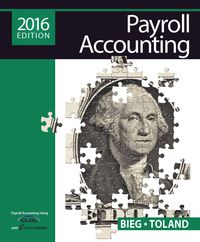Question
Consider a market with differentiated products. There are 5 firms in this market. Aside for these firms, there are no other substitutes, so that to
Consider a market with differentiated products. There are 5 firms in this market. Aside for these firms, there are no other substitutes, so that to a good approximation consumers spend a constant fraction of their income in this group of products. Firm 1 has 25% market share. The following table gives the market shares of the remaining firms, together with the cross price elasticities of product j 0 s demand with respect to the price of firm one.
(a) Based on the information in this table, show that the elasticity of demand for firm 1 is equal to 2 (-2 including the sign). (Hint. You need to use something connecting elasticities of demand with cross price elasticities.) (b) The FTC is evaluating an agreement that firm 1 has made to acquire firm 3. It is expected that the marginal cost of firm 1 will fall by 20%. Assuming the 20% share of firm 3 is split equally across the remaining firms (including firm 1) and the elasticities of substitution do not change, do you expect the price of good 1 will increase or not? (Hint. You need to recompute the demand elasticity for firm one given these new market shares)
Step by Step Solution
There are 3 Steps involved in it
Step: 1

Get Instant Access to Expert-Tailored Solutions
See step-by-step solutions with expert insights and AI powered tools for academic success
Step: 2

Step: 3

Ace Your Homework with AI
Get the answers you need in no time with our AI-driven, step-by-step assistance
Get Started


